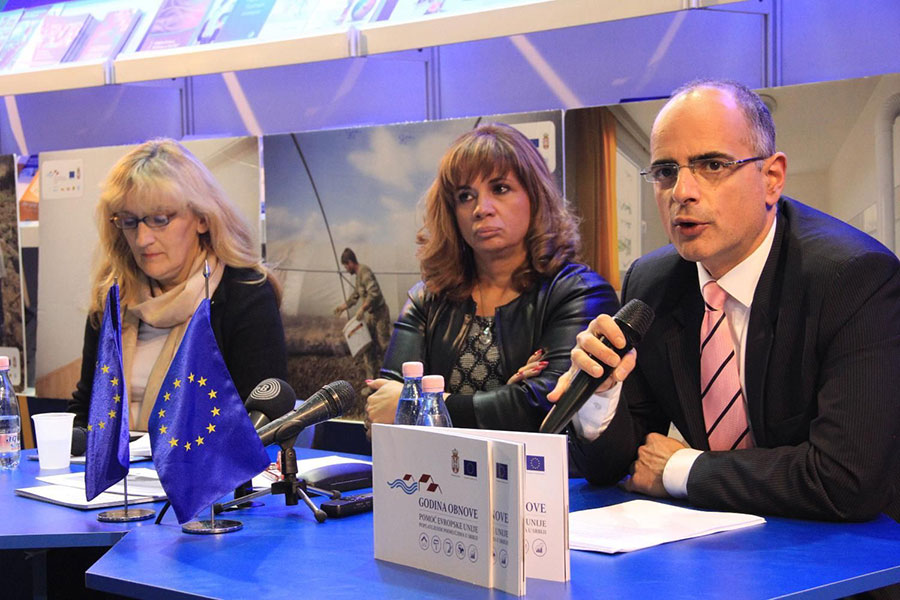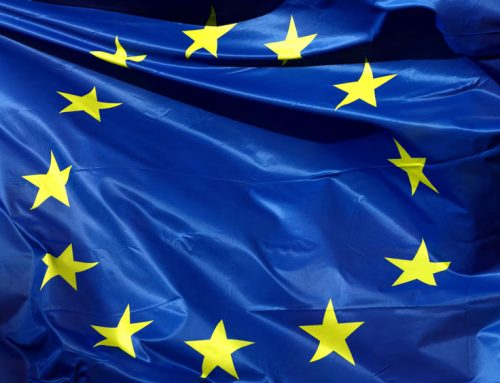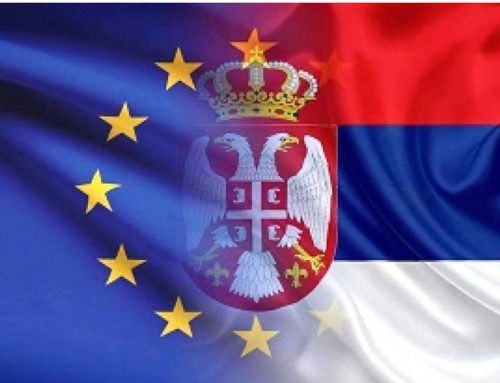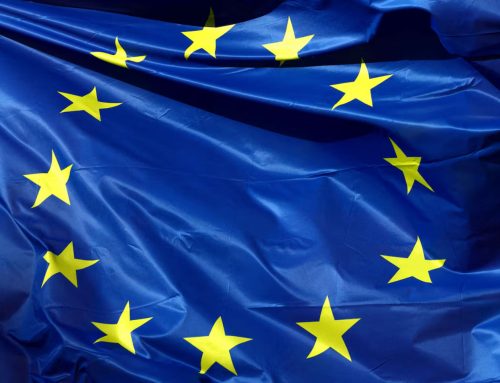At the presentation of Brochure “Year of Reconstruction – EU Assistance for Flood Relief in Serbia” at the Book Fair, Head of Government Office for Reconstruction and Flood Relief, Marko Blagojevic, and Programme Manager at the EU Delegation to Serbia Maja Vuckovic Krcmar spoke about results of the aid donated following May 2014 floods and plans for prevention of future disasters.
Marko Blagojevic said that he expected a law, setting foundation for a new, arranged, organised and systematic approach to natural disasters risk management, to enter parliamentary procedure during regular Autumn session and be adopted by the end of 2015.
He said that the EU, with EUR162 million out of a total donation of EUR236 million, was the biggest donor for flood relief in Serbia. “165 out of 254 constructed houses were built through EU money and support,” Blagojevic said.
“Union stood by throughout the process and every step of the reconstruction,” Blagojevićc said and added that the first package of EU assistance worth EUR30 million was granted only few months after the flooding.
He also said that apart from construction of houses, considerable support was granted for the reconstruction of transport infrastructure, agriculture and local infrastructure. “Cooperation with the EU continues in the second stage as well, which includes creation of risk management system. The allocation from the new assistance package amounts to EUR40 million,” Blagojevic said and added that 2014 was the year of reconstruction, whereas 2015 and coming years would be years of prevention.
Programme Manager of the EU Delegation to Serbia Maja Vuckovic Krcmar said that praises from a Government member was the best advertising for the EU.
She said that the EU, at the time when 60 per cent of the territory was under water, decided to reallocate money that had already been earmarked for Serbia and thus assist flood-affected areas.
Vucković Krcmar said that before the floods, Serbia registered a few cases of West Nile virus which caused several deaths. Following the floods, when there was 10 centimetres of water covering 60 per cent of the territory there was a fear of major mosquito hotbeds and possible epidemic.
“Union provided 60 tons of mosquito insecticide in 63 municipalities, thus preventing epidemic of West Nile virus,” she said.
Vucković Krcmar said that the first package of EUR30 million was distributed among five organisations, of which UNOPS received the largest sum, while the rest of the money was shared among the UN Agency for Food and Agriculture (FAO), which provided supported for 25,000 households, and three NGOs – ASB, Help and Danish Refugee Council.




